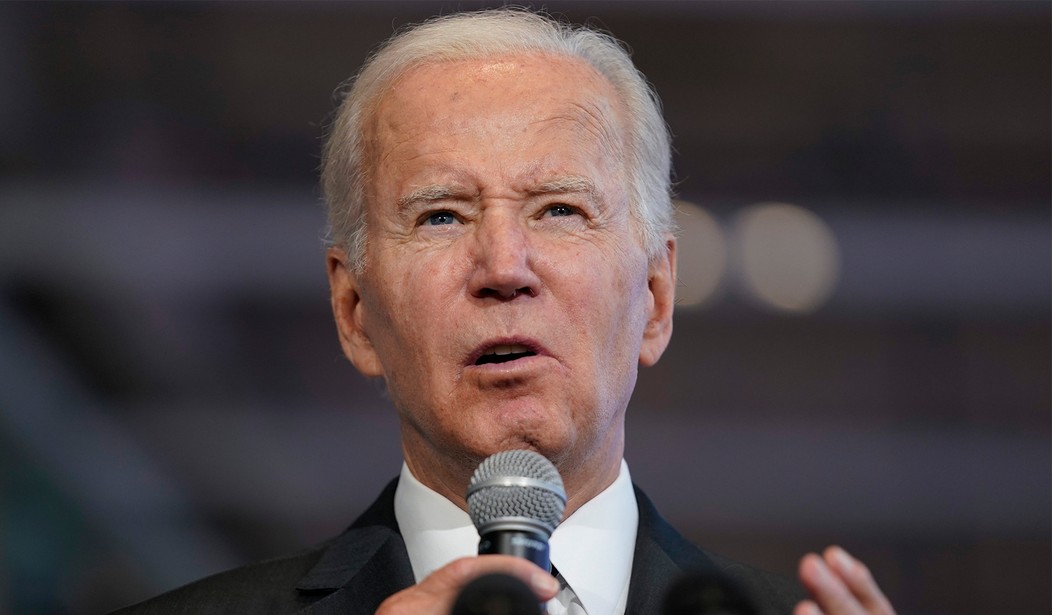This week, Sarah noted how a recent Monmouth University poll found that only 30 percent of Americans approve of President Joe Biden’s handling of the economy and inflation, which 82 percent say is one of the most important issues facing the nation right now. In addition, only 32 percent of respondents approve of Biden’s handling of crime and 31 percent who support his policies on illegal immigration. Most respondents indicated that Biden should prioritize these issues.
Another poll released this week showed that Biden’s approval rating has increased slightly, but his handling on certain issues should serve as a warning to Democrats come November.
The latest NPR/Marist poll published on Thursday shows that Biden’s approval rating has ticked up to 44 percent. In July, the poll reported his approval rating at 36 percent.
The write-up claimed that the Supreme Court’s Dobbs decision was good for Democrats, as now they are “keeping pace with Republicans on enthusiasm about the elections this fall.” Abortion will appear on the ballot in some states next month.
“Those are good signs for Democrats, but there are warnings, too,” the write-up explained.
Recommended
In the findings, seven in 10 respondents said they believe the country is headed in the wrong direction. And, inflation – not abortion – continues to rank as a top issue for voters.
Thirty-seven percent of voters named inflation as a top issue, following by preserving democracy (27 percent), abortion (13 percent), immigration (10 percent) and health care (10 percent).
For Republicans, specifically, inflation was ranked as the top issue, followed by immigration.
As for voter turnout, the poll found that white, college educated voters who likely vote Democrat are among the most engaged voters. Young people and black voters are among the least likely to vote in the midterms.
More than 8 in 10 registered voters who responded to the survey said they are "definitely voting" this fall — 82% of Democrats said so, as did 88% of Republicans and 80% of independents.
The groups most likely to say so were college-educated white women and men, men who live in small cities or the suburbs and Baby Boomers (those 58 and older).
The least likely were Black voters, Gen Zers and Millennials (those 41 and younger) and those who live in rural areas.
When asked about their interest in the election on a 1-to-5 scale, with 1 being very interested and 5 not interested at all, about 7 in 10 described themselves as very interested.
Again, Republicans edge out Democrats slightly in their interest level. The groups mostly likely to say they were very interested were white college graduates, especially men and older voters.
For their congressional district, 46 percent of respondents said they would vote for a Democrat while 44 percent said they would vote for a Republican candidate. This is within the margin of error of plus or minus 4.2 percentage points.

























